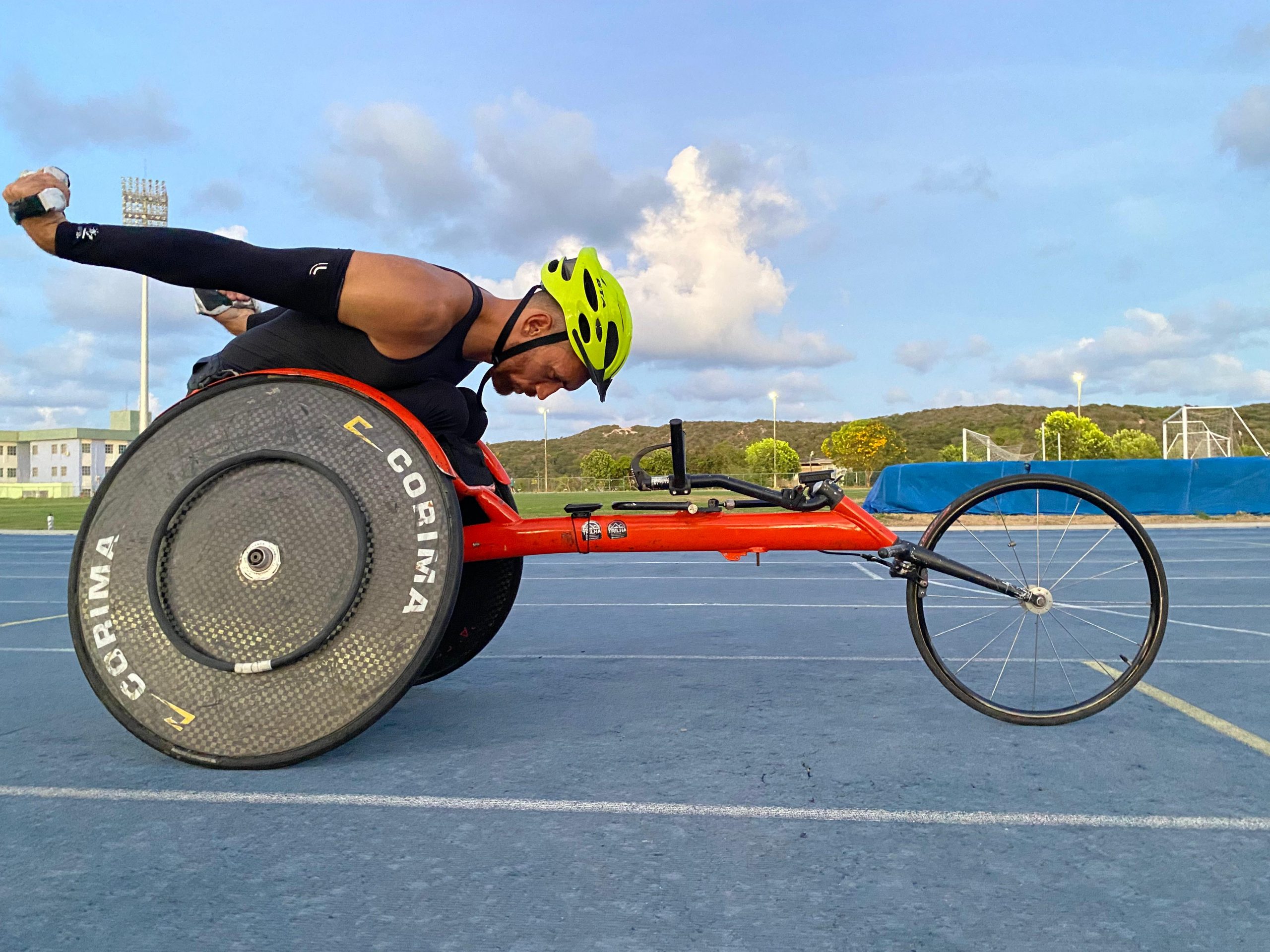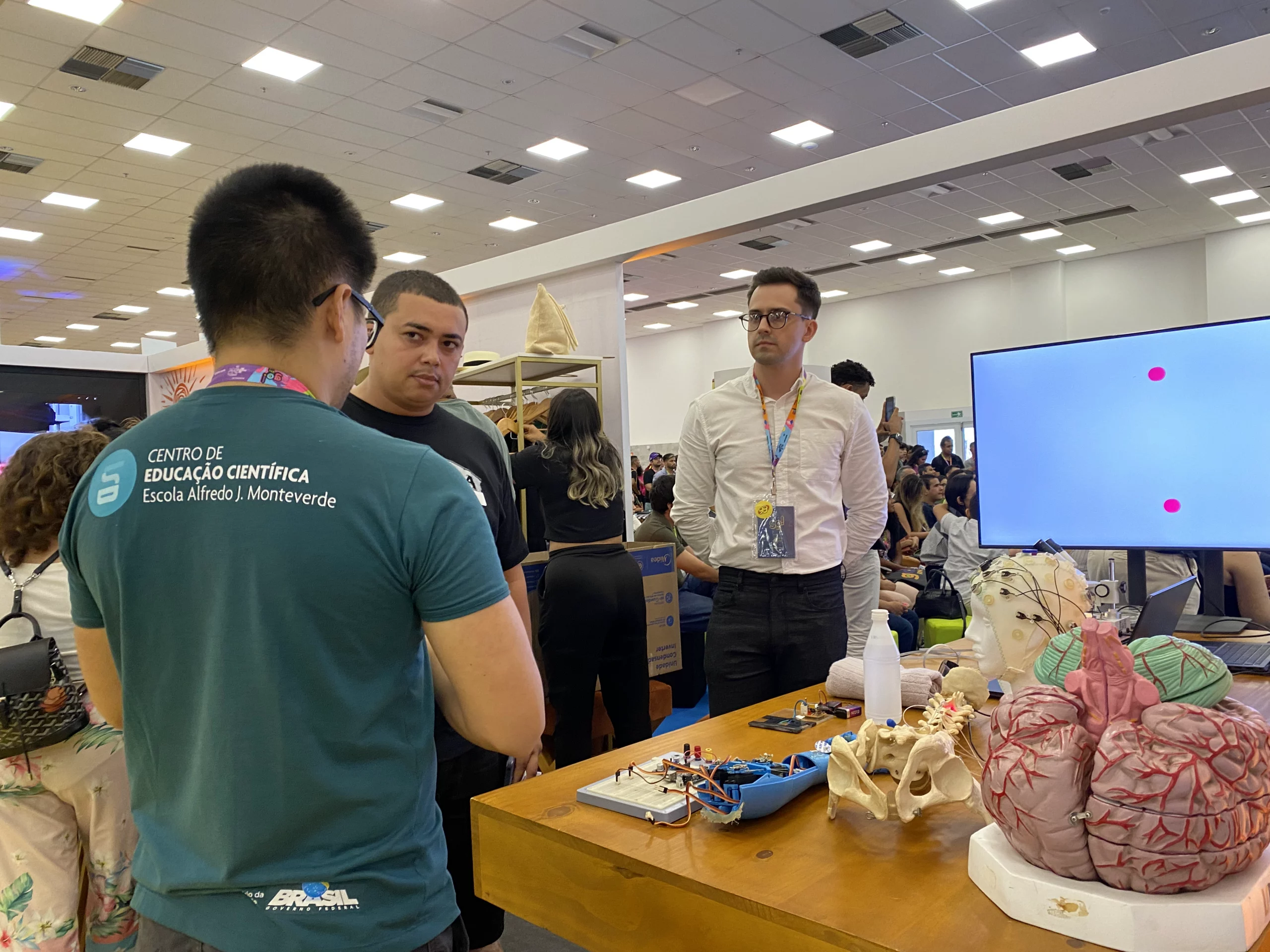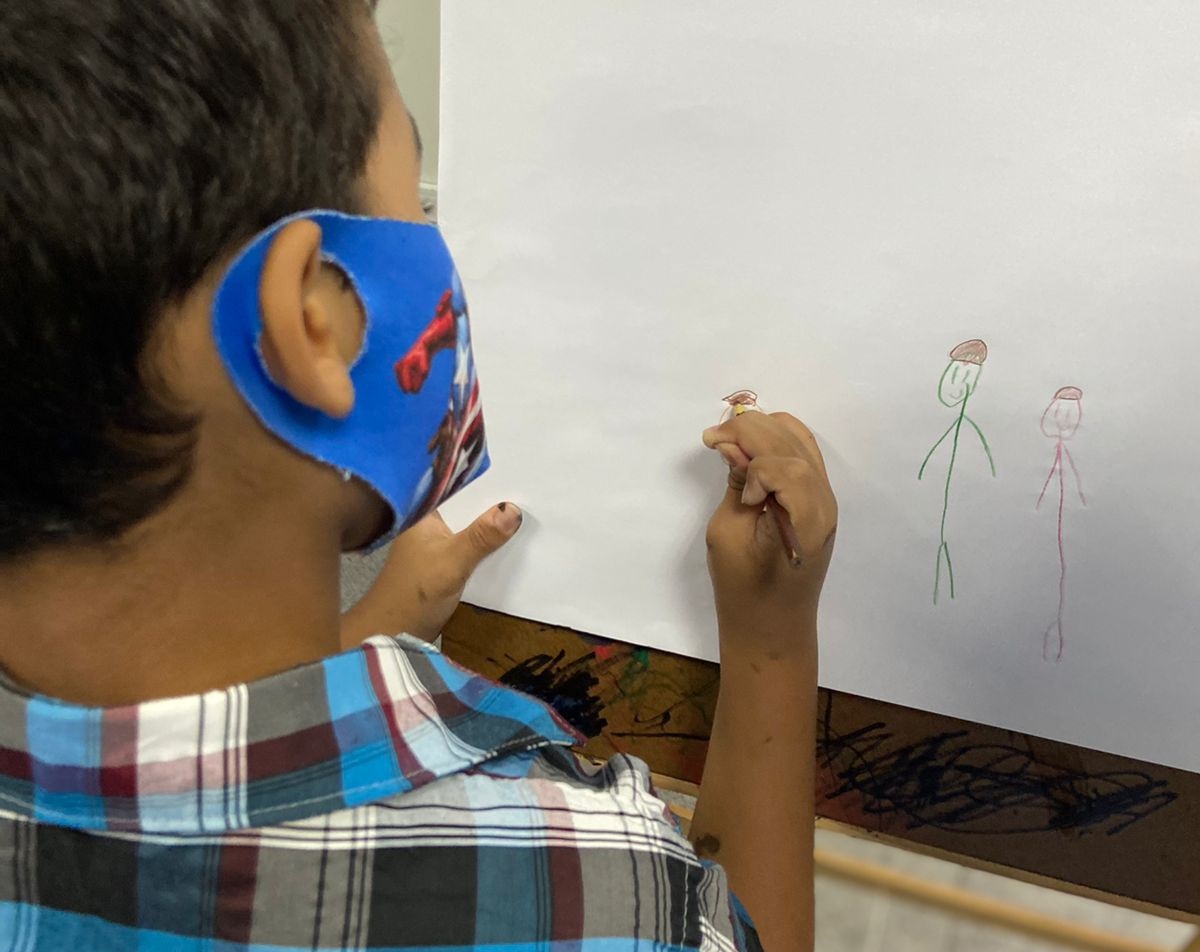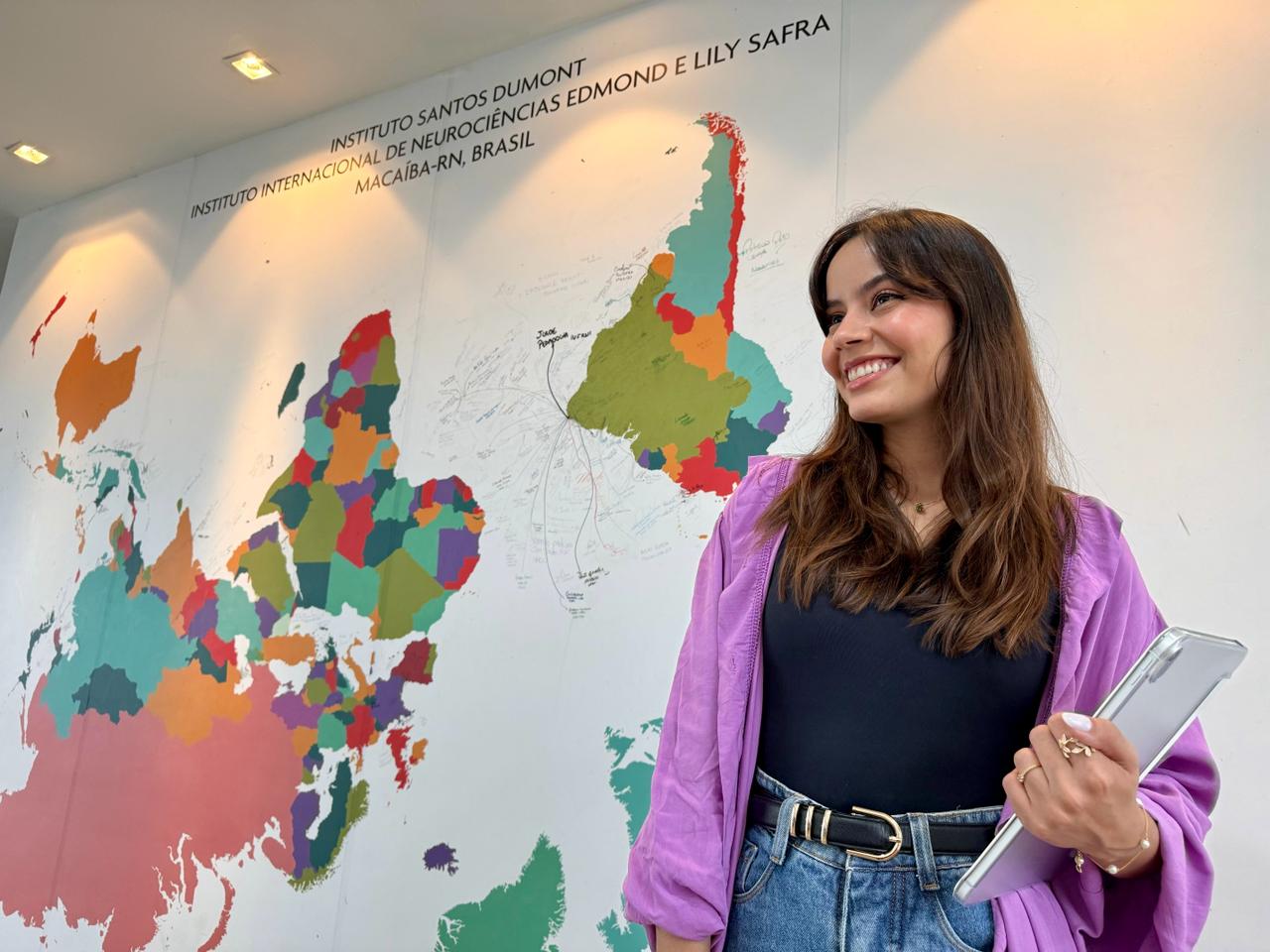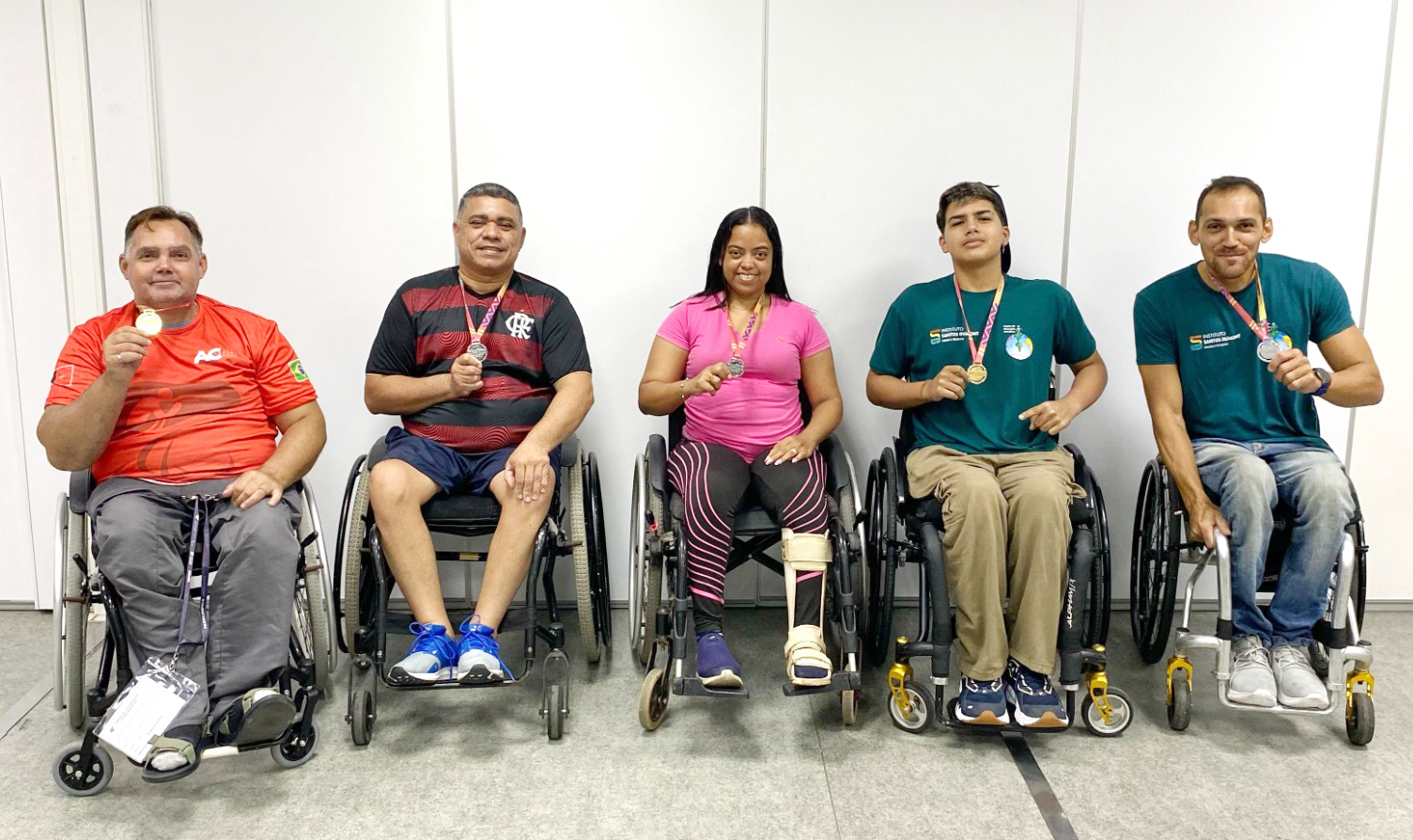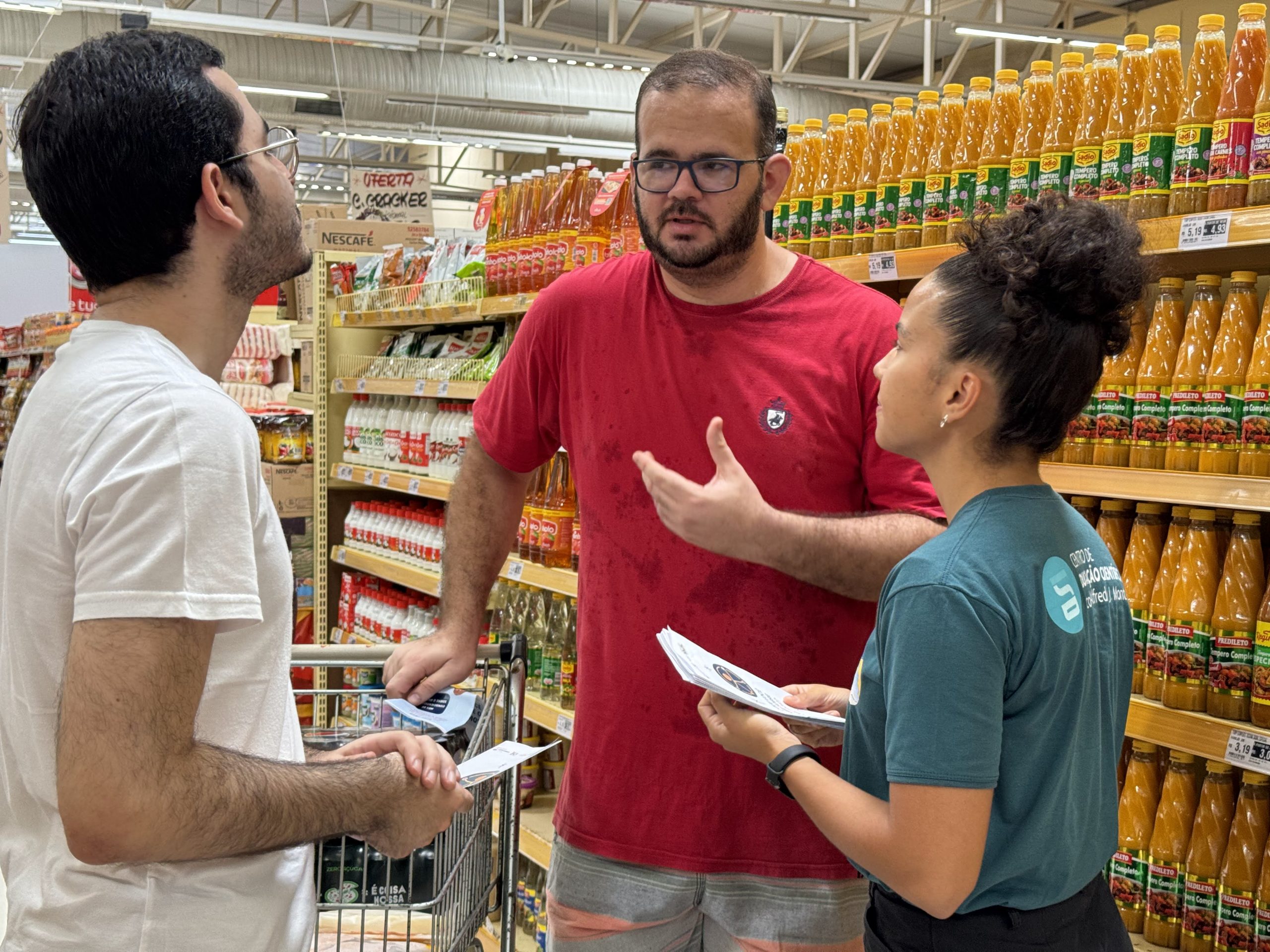Since 2015, Instituto Santos Dumont has developed the Barriguda Project in the largest Quilombola Community of Rio Grande do Norte through the Anita Garibaldi Health Education and Research Center (CEPS). This is the Capoeira dos Negros or Capoeiras community, as it is better known, located in the municipality of Macaíba, and which has approximately 300 families with limited access to adequate health care, not yet contemplated by the Family Health Strategy team and especially vulnerable to the social determinants of the health-disease process.
In a concrete action of exercising social responsibility, the ISD implanted in this community, interprofessional care strategy in prenatal care that seeks to meet the needs identified for this specific population, respecting the values, knowledge, knowledge and local culture. The services are carried out weekly in the community itself and preceded by activities of interprofessional health education that use light technologies and value the quilombola historical and cultural rescue.
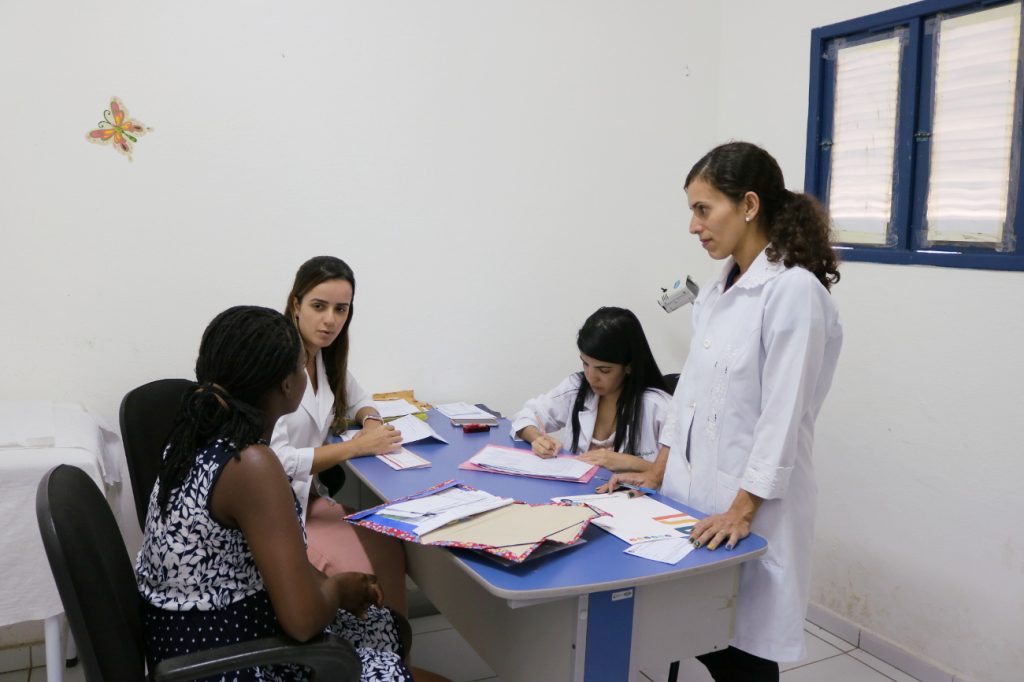
big belly
The Barriguda project refers to the way in which the Capoeiras Community refers to the Baobá, a tree of African origin revered by the quilombola culture, which represents the location of the former quilombos in the region.
Barriguda integrates education, research and extension actions, including the participation of undergraduate student of several courses at the Federal University of Rio Grande do Norte (UFRN). In addition, it was the subject of a dissertation for the Professional Master's Degree in Health Education (MPES), at the same University. The year 2016 marked the consolidation of the Barriguda Project and overcoming the challenge of forming a bond with the quilombola community, with growing consequences and potential. Since 2015, the year the Barriguda Project started, there have been no more cases of eclampsia or maternal deaths in the Quilombola Community of Capoeiras.
Cultural Competence in Quilombola Women's Health Care
The education of ethnic-racial relations and the History of Afro-Brazilian culture are provided for in the National Curriculum Guidelines for the Undergraduate Course in Medicine and are seen as cross-cutting themes. In 2016, in an innovative and pioneering way, the activities of the Barriguda Project with UFRN students were systematized in elective course format, with a workload of 60 hours/class, offered by the Department of Obstetrics and Gynecology at UFRN to several undergraduate courses, under the title “Cultural Competence in Quilombola Women's Health Care”.
The ISD is based on the premise that, in order to overcome the challenge of training health professionals who are able to interact effectively with ethnically and culturally diverse populations, it is necessary to include knowledge of the processes that influence health in the curricula of the various professions, especially those in health. and care for population minorities, as well as experiences related to cultural diversity.
The possibility for the student to know the health situation of a quilombola population, in a broader context, is presented as a valid strategy to enhance the deconstruction of racism institutional, cultural and individual still present in Brazilian society. This racism is capable of perpetuating the marginalization of Afro-descendant communities and the relative invisibility of their contributions and needs.
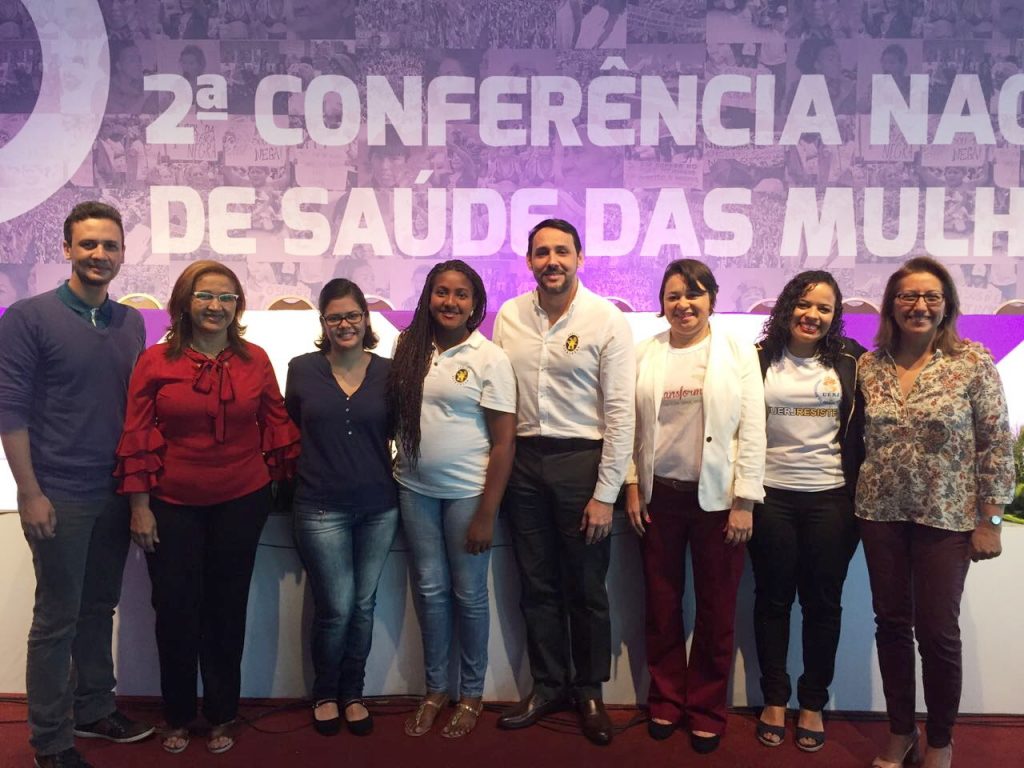
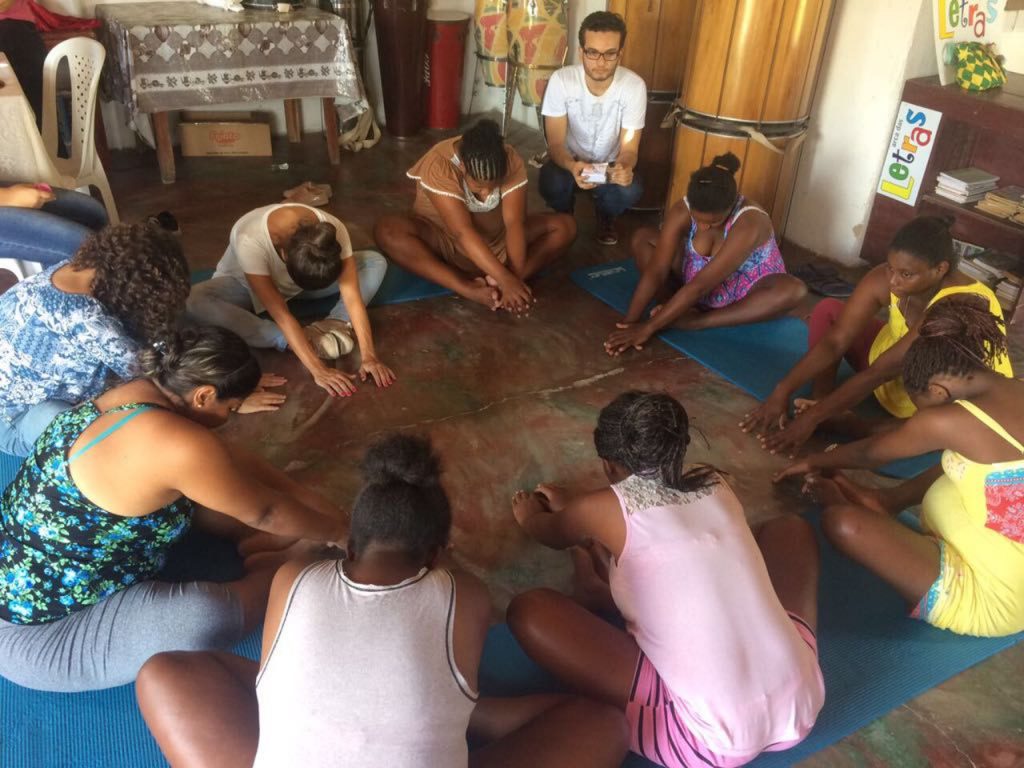
2018 – Belly Project (Social participation in comprehensive care for women's health. Award-winning experiences in the laboratory
of innovation on social participation in comprehensive care for women's health. SUS series that works, 5. Brasília,
DF: PAHO; 2018)
2018 – Barriguda Project: Incorporating Cultural Competence into Education of Health Professions (Social Innovations Journal – Issue 50 – 13 August 2018)
2018 – Incorporating the Cultural Competence for Maternal Health Care in the Quilombola Population in the Education of Health Professions (Brazilian Journal of Medical Education – vol.42 nº.2 Brasilia Apr./Jun. 2018)

